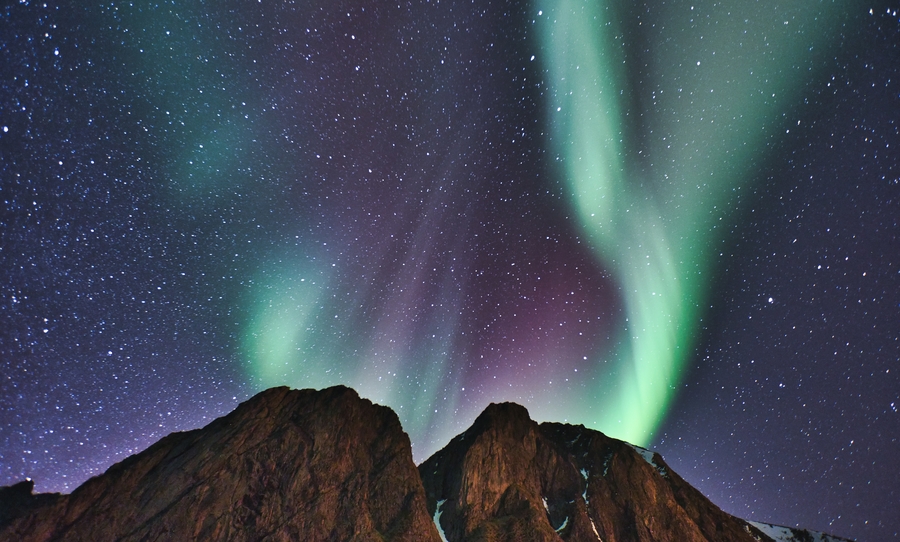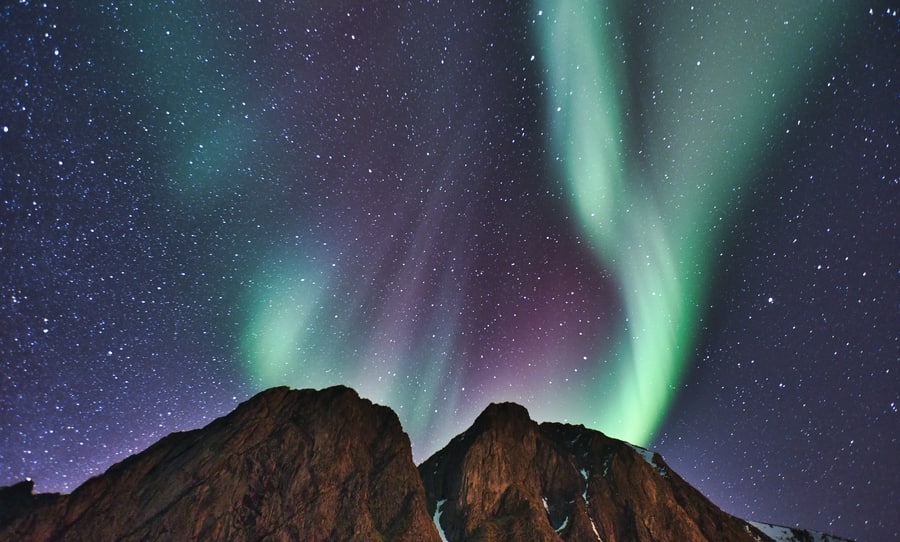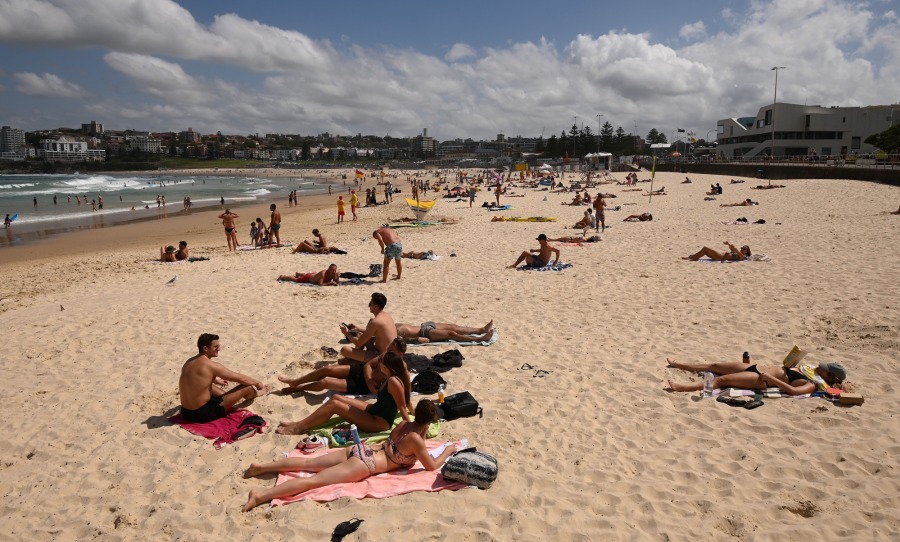Have you ever wanted to catch nature’s very own light display? The Bureau of Meteorology (BOM) have released some tips on how, including the best times of the year and the optimum locations.
If you’ve never heard of them, Auroras are breathtaking lights which can be seen in the night sky in certain parts of the world. The brightest auroras occur around the north and south poles, and they are referred to as aurora borealis and aurora australis respectively.

Is seeing an aurora on your bucket list? BOM has offered up some suggestions for the best ways to maximise your aurora-gazing.
According to BOM, auroras are created when charged particles from the sun strike atoms in the Earth’s atmosphere. The impact causes electrons to become excited, before eventually returning to their normal energy level and releasing this excess energy in the form of light.
The colours themselves are determined by the circumstances around the collision and which atoms and molecules are involved. Oxygen creates greenish-yellow or red light, whilst nitrogen creates dark red or blue light.
They’re one of nature’s most spectacular visual phenomena ✨ But, do you know what causes auroras? 🤔
Watch our video to find out, & come back later this week for some tips on catching the #aurora 📷. For more info see: https://t.co/iP8sppEtwi pic.twitter.com/1z5oB2WuOw
— Bureau of Meteorology, Australia (@BOM_au) May 4, 2020
If you’re in the Southern Hemisphere and you’re keen to try and catch an aurora, BOM have offered the following tips:
1. Be on the lookout in March and September
Auroras can happen at any time of year, yet they’re most likely to occur during the months of March and September, around the equinoxes. This is because that’s when Earth’s magnetic field is oriented in the best way to interact with the solar wind.
2. Go as south as you can
Auroras are more visible to the naked eye when you are near the Earth’s poles. In the case of the Southern Hemisphere, auroras are best seen from Antarctica, Tasmania, and the southern coastlines of Australia.
3. Wait for a clear night
The best times to catch auroras are on dark nights with little to no cloud cover.
4. Make sure you have a good vantage point
BOM suggests that a good location for seeing an aurora is a dark beach or a hilltop, where you have a good vantage point to the south.
5. Pick your time
The best viewing time for auroras is between 10 pm and 2 am and they usually last for about 1 to 3 hours. Be sure to bring pillows and snacks. *BOM did not suggest that last point.
Keep an eye out, BOM issue aurora alerts when the conditions are right.
Is the #aurora on your bucket list? If not, it should be, as this celestial light show is one of the most impressive displays you will ever see.
And while they can be elusive, they are definitely worth the effort.
To help you with your quest, here are some helpful tips. pic.twitter.com/hs2deV7cAJ
— Bureau of Meteorology, Australia (@BOM_au) May 7, 2020
Next Up: Time to dust off your umbrellas: BOM predicts it’s going to be a wet winter



